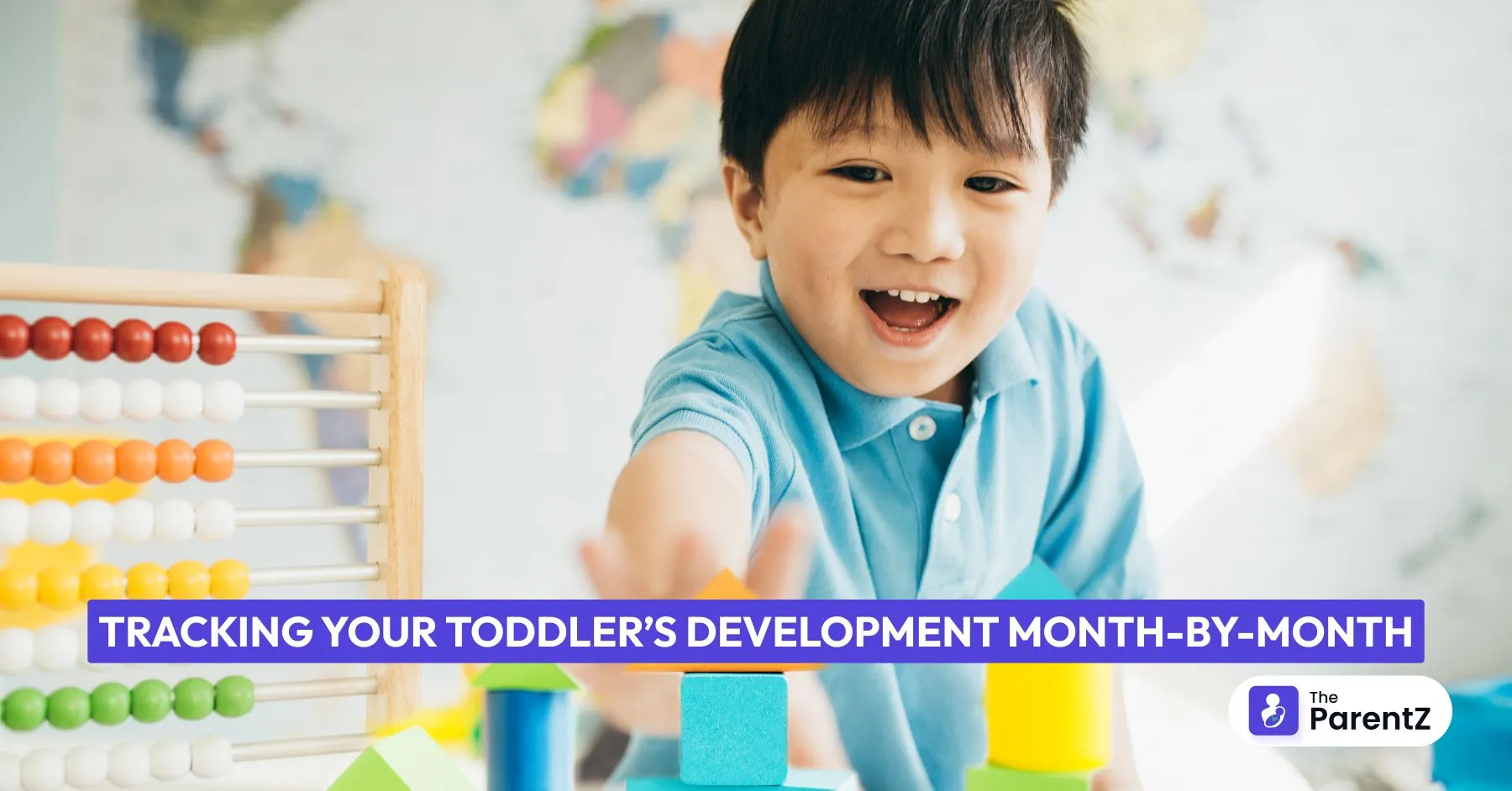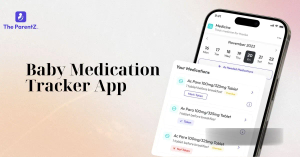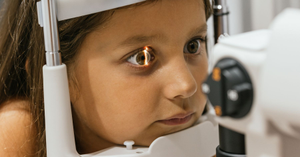Welcome to toddlerhood! Whether you’re a first-time parent or adding another little character to the story, tracking your toddler’s development can feel both exciting and overwhelming. One day, they’re stacking blocks; the next, they’re running circles around you and asking “why” a hundred times a day.
Every parent has the same big questions: “Is my child on track?” “Should they be saying more words?” “How do I keep up with doctor visits, growth, and daily schedules?” You’re not alone, and there’s a lot you can do right from home to keep tabs on every new leap and little win.
The Toddler Years: 12 to 36 Months Breakdown
12 Months: Hello, Independence!
Your one-year-old is probably just starting to stand alone or take those first wobbly steps. Don't panic if they're still crawling everywhere – some kids perfect their crawling game before they're ready to walk.
What you might see:
- Standing and maybe walking (but crawling is fine too!)
- Using that adorable pincer grasp to pick up everything
- Saying one real word besides "mama" and "dada"
- Following simple commands when you gesture
- Pointing at things they want (usually everything)
This is when babyproofing becomes serious business. They're mobile and curious about literally everything.
15 Months: The Little Helper
Your toddler is becoming more coordinated and oh-so-helpful (whether you want the help or not). They're probably walking more confidently now, and their vocabulary is slowly expanding.
What's happening:
- Stooping down to pick things up without falling over
- Scribbling when you give them a crayon
- Using 3-5 words regularly
- Actually using a spoon and cup (expect messes)
- "Reading" books by turning pages
They will want to "help" with everything. Embrace the chaos – it's actually great for their development.
18 Months: The Running Commentary Begins
Get ready for a more active, more vocal little person. This age is fascinating because they're really starting to understand the world around them and want to be part of everything.
Milestones to look for:
- Running (and probably falling, but bouncing right back up)
- Stacking blocks into towers
- Pointing to body parts when asked
- "Helping" around the house in their own special way
This might be when you start hearing "no" a lot. It's not defiance – it's them figuring out they have opinions. Celebrate it (quietly).
24 Months: The Little Athlete and Chatterbox
Two-year-olds are amazing. They're like tiny humans with big personalities and surprisingly strong opinions about everything.
What's exciting now:
- Throwing and kicking balls (goodbye, breakable decorations)
- Drawing lines with crayons
- Speaking in two-word combinations
- Having a vocabulary of 50+ words
- Playing alongside other kids
- Taking off clothes (usually at the most inconvenient times)
This is when tantrums might start. They know what they want but can't always express it. Patience is key here. This phase will pass.
36 Months: The Little Person Emerges
Your three-year-old is becoming remarkably capable and independent. It's bittersweet, isn't it?
Amazing developments:
- Riding a tricycle (freedom!)
- Copying shapes and circles
- Speaking in three-word sentences
- Being understood by strangers 75% of the time
- Brushing teeth with help
- Playing more cooperatively
Your Sanity-Saving Tips
- Document the journey: Take videos, write in a baby book, or just jot notes in your phone. You'll forget these precious (and challenging) moments faster than you think.
- Connect with other parents: Find your tribe. Other parents are your best resource for "Is this normal?" questions.
- Trust your instincts: You know your child better than anyone. If something feels off, ask questions.
- Celebrate the small stuff: First successful spoon use, first time they said "please," first independent play session – these are all victories.
- Keep track systematically: While mental notes are great, having a proper tracking system makes all the difference. Modern apps can help you record milestones, growth measurements, and even those funny little quirks that make your child unique. Some parents love having visual growth curves to share with their pediatrician, while others appreciate gentle reminders for developmental activities. The key is finding what works for your family's routine.
What If My Toddler Isn’t Doing All This?
Don’t panic! There’s a wide range in what’s normal. Some kids are motor-skill champs but slower talkers, others chatter away but still trip on carpets. If you have serious concerns or notice your child losing skills, check in with your pediatrician for advice and reassurance.
Conclusion
Watching your toddler grow is a unique blend of excitement, daily learning, and sometimes a dash of uncertainty. Each milestone (whether big or small) shows just how much your child is discovering and mastering every day. By staying attentive and supporting their development with tools like TheParentZ Baby Growth & Health Tracker, regular play, and meaningful check-ins, you give your child a foundation for lifelong learning. Above all, trust the process and enjoy the journey. Celebrate each new skill, stay patient through the challenges, and remember that every child moves at their own pace and every step forward truly matters.





Be the first one to comment on this story.